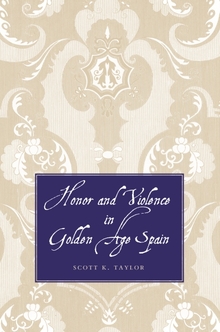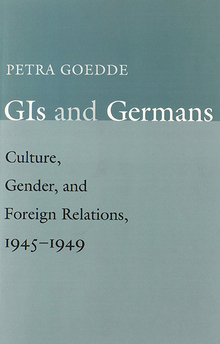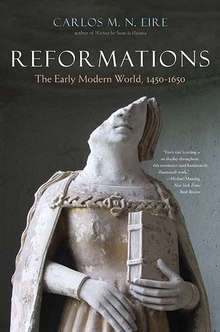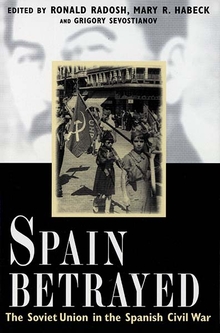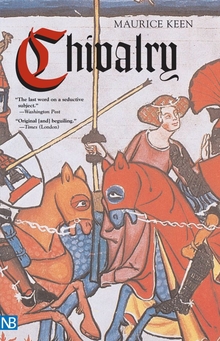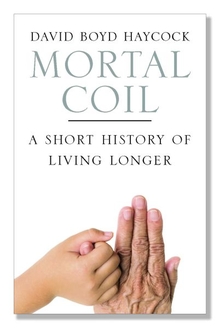Honor and Violence in Golden Age Spain
WARNING
You are viewing an older version of the Yalebooks website. Please visit out new website with more updated information and a better user experience: https://www.yalebooks.com
Scott K. Taylor
Early modern Spain has long been viewed as having a culture obsessed with honor, where a man resorted to violence when his or his wife’s honor was threatened, especially through sexual disgrace. This book—the first to closely examine honor and interpersonal violence in the era—overturns this idea, arguing that the way Spanish men and women actually behaved was very different from the behavior depicted in dueling manuals, law books, and “honor plays” of the period.
Drawing on criminal and other records to assess the character of violence among non-elite Spaniards, historian Scott K. Taylor finds that appealing to honor was a rhetorical strategy, and that insults, gestures, and violence were all part of a varied repertoire that allowed both men and women to decide how to dispute issues of truth and reputation.
Scott K. Taylor is associate professor of history at Siena College. He lives in Albany, NY.
"Taylor has removed one of the serious obstacles to seeing sixteenth-century Mediterranean societies as they really were, rather than as social scientists have supposed."—Helen Nader, University of Arizona
“Refusing to accept the prevailing view of theatre as mirroring reality, Taylor heads for the archives. These tell a different story, showing early modern Spanish society and culture in a new and much more credible light.”—James S. Amelang, Universidad Autónoma, Madrid
“Taylor not only corrects much that is wrong in Spanish historiography, he provides an illuminating example of how to read contemporary sources not as autonomous norms but as living rhetoric embedded in daily practice.”—Ruth MacKay, author of “Lazy Improvident People:” Myth and Reality in the Writing of Spanish History
“Farewell Spanish honor's famous iron code! Taylor proves how supple, pragmatic, and varied was honor's application by the commoners who invoked its prestigious strictures to navigate their daily lives.”—Thomas Cohen, author of Love and Death in Renaissance Italy
Publication Date: November 11, 2008

